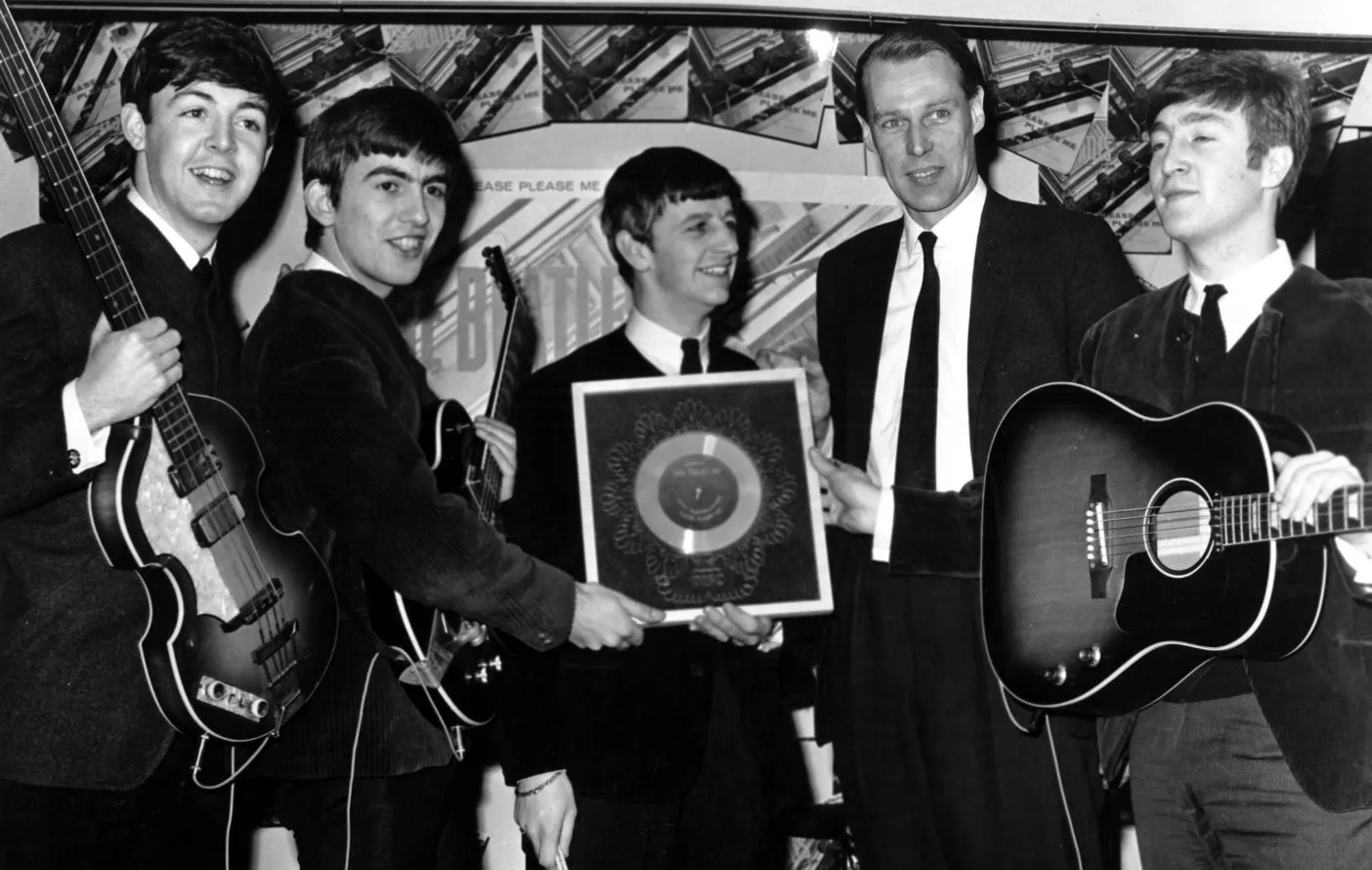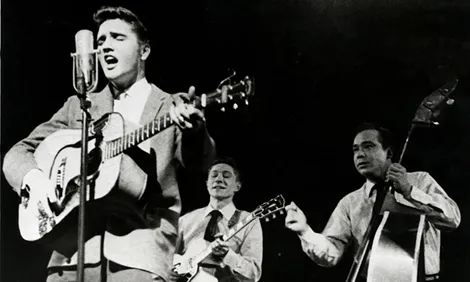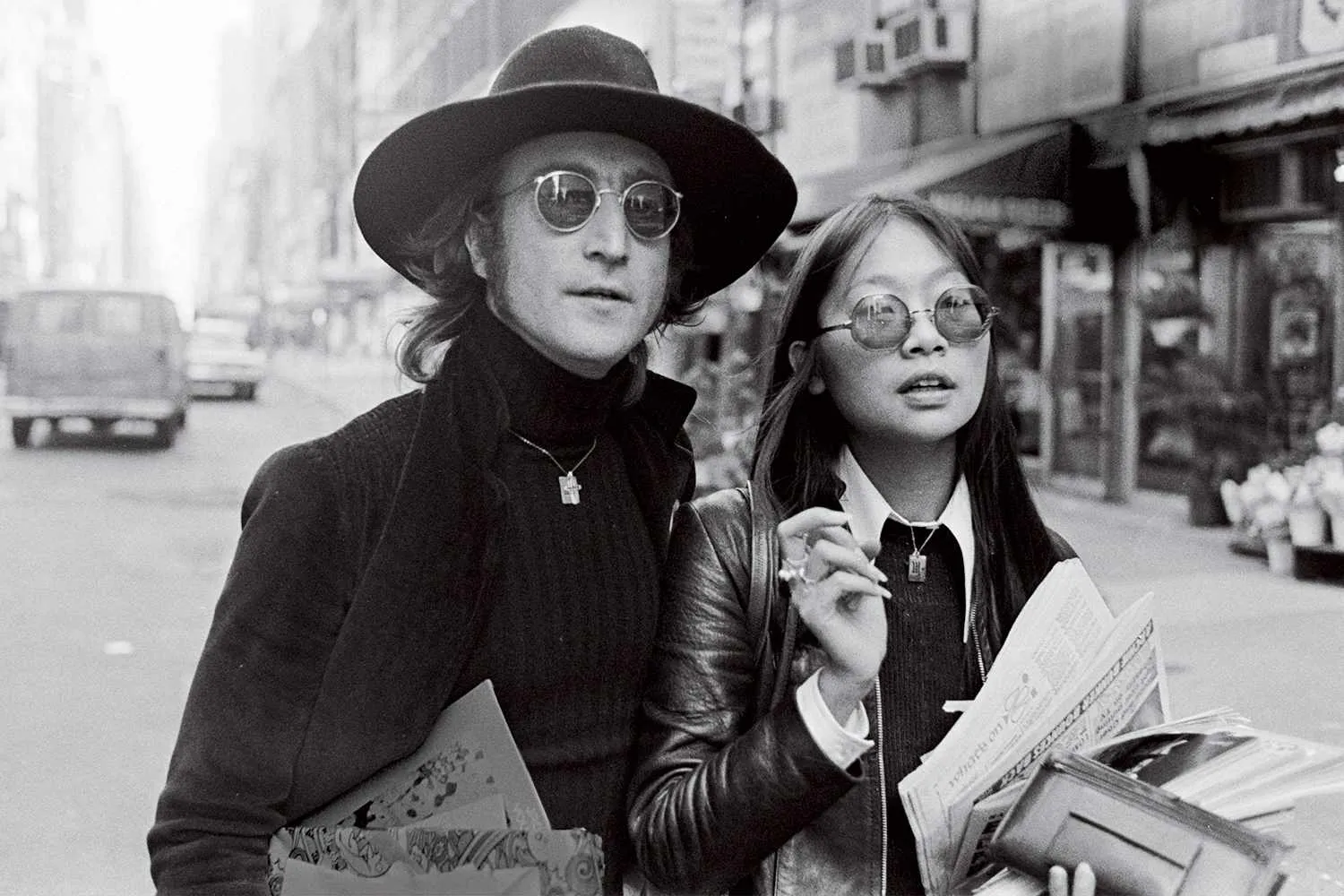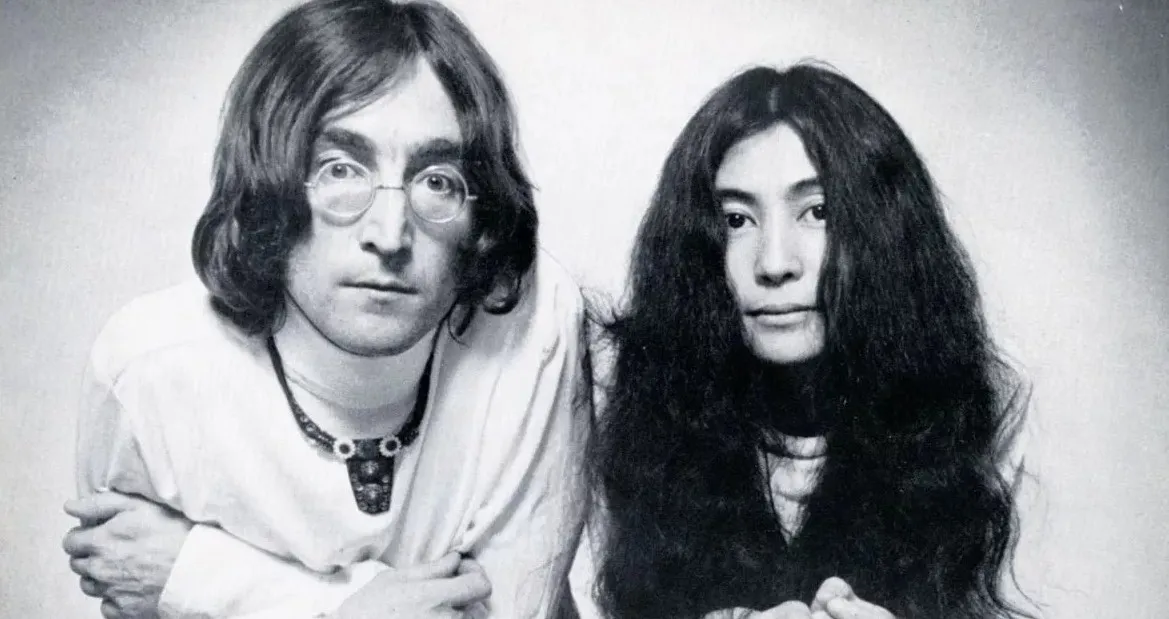Elvis Presley, often hailed as the King of Rock 'n' Roll, was more than just a music legend. He was also a prolific actor, starring in 31 feature films throughout his career. While some of his movies like Jailhouse Rock and Viva Las Vegas are considered classics, not all of Elvis’s films were well-received by critics—or by Elvis himself. One such film was Clambake (1967), a movie that Elvis reportedly disliked, despite its modest success at the box office. But why did Elvis not like Clambake?
![VIDEO] When Elvis Drove the 1959 Stingray Racer in the Movie Clambake - Corvette: Sales, News & Lifestyle](https://www.corvetteblogger.com/images/content/2018/010618_19b.jpg)
By the mid-1960s, Elvis Presley had already established himself as a major film star. However, the quality of his movies had begun to decline, largely due to the formulaic approach taken by his management and the studios. Colonel Tom Parker, Elvis's infamous manager, saw Elvis’s film career primarily as a way to generate revenue, pushing for quantity over quality. As a result, Elvis was often cast in light, formulaic musicals that lacked depth and did little to challenge him as an actor.
Elvis, who initially enjoyed acting and had aspirations of becoming a serious actor, began to grow frustrated with the repetitive nature of his roles. He had once been compared to James Dean, and he had dreams of taking on more serious roles that could showcase his range and talent. Unfortunately, these opportunities never materialized, and by the time Clambake came along, Elvis was thoroughly disillusioned with his movie career.

Clambake was Elvis's 25th film and followed a familiar formula that had been used in many of his previous movies. The plot centers around Scott Heyward (played by Elvis), the wealthy son of an oil tycoon who decides to trade places with a water-ski instructor to find out if people like him for who he is, rather than for his money. The film features the usual mix of romance, light comedy, and musical numbers, including songs like "Who Needs Money?" and the title track "Clambake."
On paper, Clambake was a typical Elvis movie—fun, lighthearted, and full of catchy tunes. However, it was also emblematic of the growing creative stagnation in Elvis's film career. The movie was neither groundbreaking nor particularly memorable, and it did little to advance Elvis's career or artistic ambitions.

Elvis’s dissatisfaction with Clambake was rooted in several factors. First and foremost was the repetitive nature of the role. By this point in his career, Elvis had played similar characters in countless other films—charming, good-looking men who sang their way through a series of predictable romantic entanglements. Elvis had grown tired of these roles and yearned for something more substantial.
Moreover, the production of Clambake was troubled from the start. Elvis was recovering from a serious fall that had injured his head just before filming began. As a result, he was in poor physical health and mentally unprepared for the role. His discomfort was further exacerbated by the film's low budget and lack of innovative direction, which made the entire production feel uninspired.
Another reason for Elvis's discontent was the film's box office performance. While Clambake did manage to make a profit, it was not the blockbuster hit that some of his earlier movies had been. This lukewarm reception only reinforced Elvis’s belief that his films were becoming increasingly irrelevant in a rapidly changing entertainment landscape.

Clambake was a turning point in Elvis's film career, marking the beginning of the end of his Hollywood dominance. By the late 1960s, the cultural landscape had shifted dramatically. The Beatles, The Rolling Stones, and other rock bands had taken center stage, and the type of lighthearted musicals that Elvis was known for were falling out of favor with audiences. Meanwhile, the rise of New Hollywood and more experimental films meant that traditional stars like Elvis were no longer the primary draw at the box office.
Elvis was acutely aware of these changes and began to feel increasingly out of step with the times. His frustration with his film career was compounded by his desire to return to his roots as a musician. The turning point came in 1968 with his famous "Comeback Special" on NBC. The special was a critical and commercial success, reminding the world of Elvis's unparalleled talent as a performer and setting the stage for his return to live performances.
Following the success of the "Comeback Special," Elvis began to focus more on his music career, particularly his live performances in Las Vegas and around the world. While he would continue to make films, they would never again be the focus of his career. The era of Elvis the movie star had come to an end, and Elvis the musical legend was once again at the forefront.
Today, Clambake is remembered more for its place in Elvis's career than for its own merits as a film. It represents a time when Elvis was struggling to reconcile his ambitions with the reality of his career. While it may not be one of his most beloved movies, Clambake offers valuable insight into the challenges Elvis faced as he navigated the highs and lows of fame.
For fans and historians, Clambake is a poignant reminder of the pressures and compromises that often come with stardom. It is also a testament to Elvis's resilience and his ability to reinvent himself in the face of adversity. Despite his dislike for the film, Elvis continued to push forward, ultimately reclaiming his place as one of the most iconic figures in music history.

Elvis Presley’s dislike for Clambake can be understood as part of a broader disillusionment with his film career. The repetitive roles, uninspired production, and changing cultural landscape all contributed to his dissatisfaction. Yet, it is precisely this discontent that paved the way for his triumphant return to music and the reinvention of his career.
While Clambake may not be the most celebrated of Elvis’s films, it remains an important chapter in the story of his life. It highlights the challenges he faced as an artist and the determination he showed in overcoming them. For fans of Elvis Presley, understanding his feelings about Clambake provides a deeper appreciation of the man behind the legend—a man who, despite his incredible success, never stopped striving for something more.
This story offers a glimpse into the complexities of fame and the often-overlooked struggles of a cultural icon. It also serves as a reminder that even the greatest stars have their doubts and disappointments, but it is their ability to rise above them that truly defines their legacy.



